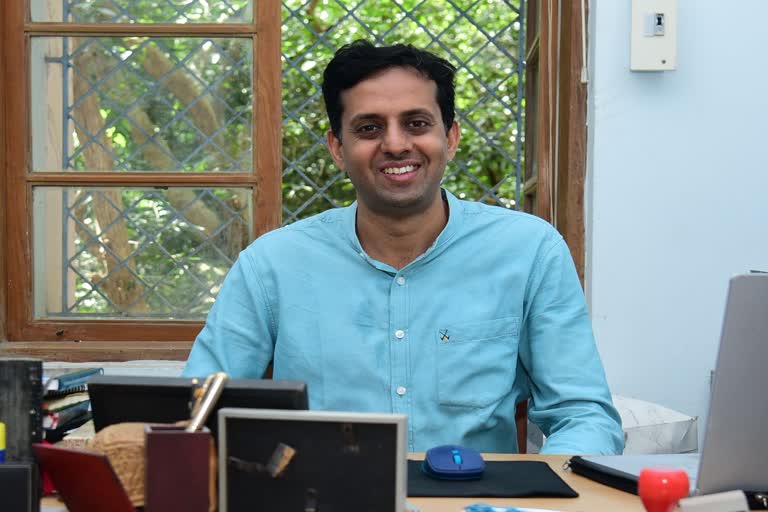Chennai: Indian expatriates might be physically far away from their country, but they are well connected to their roots to the extent that they play a key role in the smooth execution of ‘vanguard’ or ‘first of their kind’ infrastructure projects such as highways, urban rail systems, and airports, among others, a recent study by the Indian Institute of Technology Madras (IIT Madras) in Tamil Nadu has found.
The study, helmed by Prof Ashwin Mahalingam, Department of Civil Engineering, IIT Madras, has found that freelance expatriates hired by Indian Public Sector clients play a critical role in the execution of the projects. Prof Ashwin Mahalingam analysed empirical data from two metro rail megaprojects in India that were part of the Delhi Metro to conceptualise impasses as arising due to contradictions in institutionalised logics relating to work practices used by various organisations on such projects.
The study showed that contradictory logics in carrying out work can lead to ’horizontal’ or process-based institutional voids, and ’vertical’ or role/hierarchy-based institutional voids that must be successfully navigated to ensure project progress. The findings of this study were published in the reputed, peer-reviewed International Journal of Project Management.
Prof Ashwin Mahalingam was the author of the research paper. Elaborating on the key findings of this study, Prof Ashwin Mahalingam, Department of Civil Engineering, IIT Madras, said that expatriates are often hired for their technical skills. “However, their outcome-aligned incentives and their ability to connect with other expatriates on the contractors' side helps them play an understated, but critical role in resolving conflicts on projects, a strategy that megaproject organisations would do well to leverage,” he said.
Also read: 4,897 expats register with NORKA for setting up new ventures
Furthermore, Prof Ashwin Mahalingam added that the expatriates resolved conflicts using three sets of coping strategies, re-architecting transaction spaces, reinforcing hierarchy and mediation. As per Prof Mahalingam, the critical role that expatriates play in the management of such projects is perhaps the single most important practical finding of the paper.
“We hope that this paper will help practitioners better anticipate the challenges faced on such megaprojects, and use the strategies that we have identified to cope with these challenges. In doing so we hope we can smoothen the provision of critical infrastructure such as drinking water, power, transportation and other essential services to communities,” he said.
In the case of re-architecting transaction spaces, freelance expatriates changed the way information flowed – approval processes for payments for instance, said Prof Mahalingam. In the case of reinforcing hierarchy, the expatriates would push to speed up the construction process by escalating matters to up the chain of command until it reached progress-focused decision makers, he added.
In other cases, the expatriates would play the role of a mediator by presenting more information and creating a dialogue between opposing sides. Their credibility due to their organisational affiliation with the client and their professional affiliation with other expatriates working with the contractor helped them play the role of a mediator on these projects.
In this in-depth analysis, the researcher studied the challenges faced during initial stages of infrastructure vanguards in India and how different views were negotiated to create a set of processes that can lead to the smooth management of these projects. A key finding of the paper was that most of these conflicts were resolved by a hitherto unheralded group of project participants--freelance expatriates hired by the Indian client--this research paper offers a critical insight into how megaprojects can be better managed.



